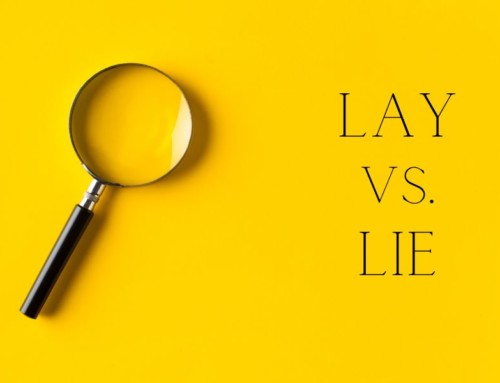
You’ve probably come across the words “all right” and “alright” many times throughout your life. But did you know that there’s actually a debate over which one is correct to use? Let’s take a closer look at the difference between these two spellings and when to use each one.
All Right
“All right” is the traditional spelling and is considered to be correct in formal writing. It’s a compound word made up of “all” and “right,” and it’s been in use since at least the 15th century. You should use “all right” when you mean something is satisfactory or when you want to give permission.
For example, “The party was all right,” or “It’s all right to go outside now.”
Alright
“Alright” is a newer spelling that has become more popular in informal writing, such as text messages and social media. It’s a less formal version of “all right,” and it’s often used to convey a casual tone. However, “alright” is still considered to be incorrect in formal writing, and some grammar experts even consider it to be a misspelling.
Which Should I Use?
So, should you use “all right” or “alright” in your writing?
As a general rule, you should use “all right” in formal writing, such as academic papers, books, and business emails. However, if you’re writing informally, such as in text messages or on social media, you can use “alright” if you want to convey a more casual tone.
Other Notes on Alright
The use of “alright” varies by region. In some parts of the world, such as the UK and Australia, “alright” is more commonly used than “all right.” In the United States, “all right” is still the more common spelling.
TL;DR
The difference between “all right” and “alright” comes down to formality and context. You should use “all right” in any formal writing you do. If you’re writing informally, however, and want to convey a more casual tone, “alright” is an acceptable alternative.
Discover more from Mill City Press
Subscribe to get the latest posts sent to your email.





Leave A Comment